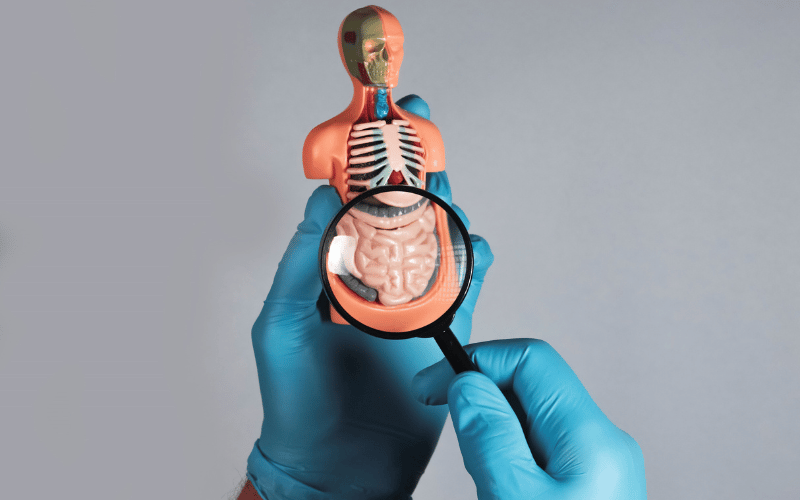5. Gastrointestinal Complications: The Silent Struggle in CGD

Gastrointestinal complications are a less discussed but significant symptom of Chronic Granulomatous Disease. These issues can range from mild discomfort to severe complications like colitis and obstruction. The gastrointestinal tract, being a common site for granuloma formation in CGD, often suffers from chronic inflammation, leading to a range of digestive problems.
Symptoms can include abdominal pain, diarrhea, nausea, and in severe cases, bleeding or perforation. These issues are often a direct result of granulomas obstructing the gastrointestinal tract or causing tissue damage. Understanding and identifying these symptoms early can play a critical role in managing the overall health of someone with CGD.
Gastrointestinal complications in CGD can significantly impact a person’s daily life. Issues with digestion and absorption can lead to nutritional deficiencies, affecting overall health. The discomfort and unpredictability of GI symptoms can also disrupt daily activities and lead to anxiety about eating and nutrition.
Managing gastrointestinal issues in CGD involves a combination of dietary modifications, medications to reduce inflammation, and treatment of any underlying infections. Regular consultations with gastroenterologists are essential. In some cases, surgical intervention may be necessary to address obstructions or other severe complications. Patient education on diet and symptom management is also a key component of care. (5)